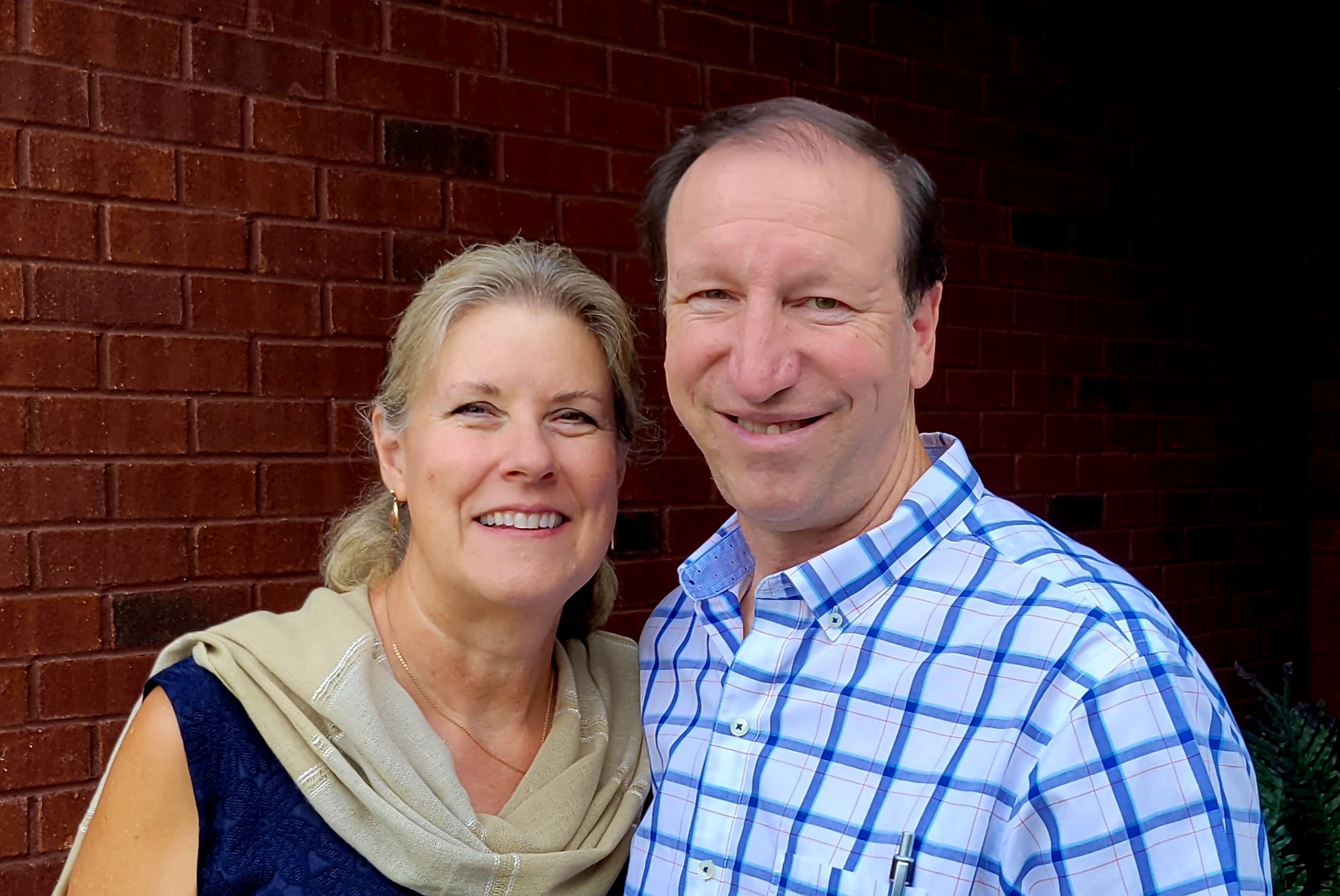In 2 Corinthians 11:23-29 Paul says, “Are they servants of Christ? (I am out of my mind to talk like this.) I am more. I have worked much harder, been in prison more frequently, been flogged more severely, and been exposed to death again and again. Five times I received from the Jews the forty lashes minus one. Three times I was beaten with rods, once I was pelted with stones, three times I was shipwrecked, I spent a night and a day in the open sea, I have been constantly on the move. I have been in danger from rivers, in danger from bandits, in danger from my fellow Jews, in danger from Gentiles; in danger in the city, in danger in the country, in danger at sea; and in danger from false believers. I have labored and toiled and have often gone without sleep; I have known hunger and thirst and have often gone without food; I have been cold and naked. Besides everything else, I face daily the pressure of my concern for all the churches. Who is weak, and I do not feel weak? Who is led into sin, and I do not inwardly burn?”
This is an interesting passage. Paul clearly equates the degree of suffering one experiences in service to Christ as a measure of commitment to Him and service for Him. In other words, the more one suffers for the sake of Christ, the greater devotion is demonstrated and the more fully one belongs to Him. This explains why the early followers of Christ rejoiced greatly that they were counted worthy to suffer for His Name (Acts 5:41). What we sacrifice for Christ in terms of comfort and safety and honor and security and convenience is evidence of our love for Him.
It is of note, that the internal pressures and anguish arising from love and concern for the body of Christ, are considered, perhaps, an even greater burden than the litany of external challenges. This is an expression of the fact that it is easier to suffer oneself than to see loved ones suffer. It is easier for a man to suffer than to see his wife and children suffer. The more influential one becomes in Kingdom service, the greater the spiritual family that one serves. This opens them up to concern and compassion of a much wider nature.
Early in my ministry the Lord prepared me for this type of situation. I was in an area where telephones had not been available yet. I found myself at a place where there was one of the first telephones but the person who had just moved in did not know the number of the telephone. I was sharing with my host my deep concern for a team I had just trained and sent into a very dangerous situation. Suddenly the phone rang for the first time. The host answered it. The call was for me. I assumed it was the (Communist) government, letting me know I was under surveillance. I answered it and found the call was from the team I was concerned about. They had a satellite phone. The Lord miraculously gave them the number of the place I was staying. They were calling to tell me things were going well. As soon as they delivered the message, they hung up.
The message was clear. God was telling me that He was in control. The team belonged to Him and not to me. He had called them, not me. He alone would determine if they remained safe or if they were thrown into prison. He loved them more than I did. I needed to trust Him as a faithful Creator to do what was right and best.
Many times, I have gratefully looked back on that clear lesson. Many people whom I have led to the Lord, whom I have trained, whom I have challenged to go into difficult regions, have suffered. Many people, from many countries and to many countries have been martyred for their faith. They have been held captive for years. Many have been imprisoned for years. They have been tortured in horrible and unimaginable ways. They have had their children taken from them. They have had their homes confiscated. They have been fined. They have lived for years as fugitives, constantly on the run. The weight of all that suffering would have been unbearable for me if not for the Lord’s clear message to me many years ago. He is in control. We win in the end.



